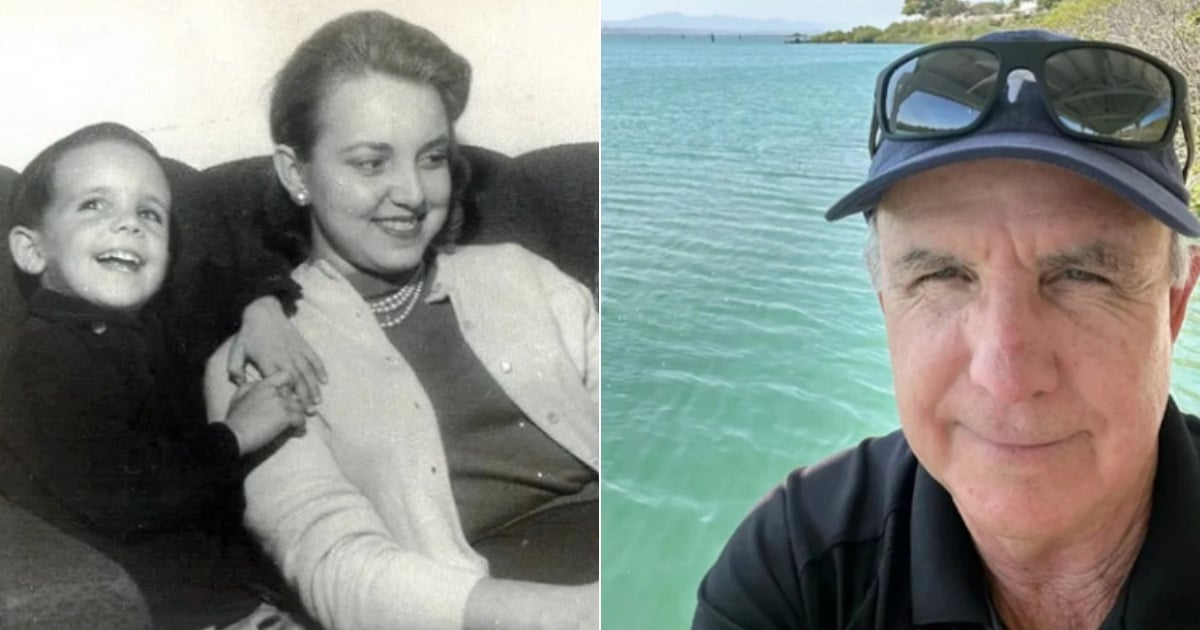Recently, Congressman Carlos A. Giménez set foot on Cuban soil for the first time in 64 years. On March 7, he traveled to the Guantánamo Naval Base as part of a U.S. congressional delegation. During this visit, Giménez remarked that being in Guantánamo was akin to being in "the only free part of Cuba."
"For the first time in 64 years, I had the opportunity to visit the country where I was born. It is a profound honor to represent our community in Congress and to have stood in the only liberated part of Cuba: Guantánamo Bay," Giménez stated in an official release after his trip.
A Journey Filled with Emotion and Memories
Having left Cuba in November 1960 with his family when he was just six years old, Giménez described how returning to Cuba intensified his desire to see it free from the "communist tyranny" that began in 1959. "I've always wanted Cuba to be free, but now I've promised myself I won't return until the entire island is free. This visit has strengthened my resolve to continue working toward that goal," Giménez told Fox News Digital in an exclusive interview.
While flying to Guantánamo, he recounted how childhood memories resurfaced. "I realized it was the first time in nearly 65 years that I saw the island, how beautiful it is. It's a very special place, and the fact that a group of bullies, dictators, and oppressors has ruined it initially stirred emotion in me, but then that turned into anger," he expressed. Giménez mentioned that his family hailed from the eastern part of the country, specifically Manzanillo, not far from the Guantánamo Base.
Strategic Objectives of the Visit
Giménez's visit to the Guantánamo Naval Base was part of a delegation led by Mike Rogers, the chairman of the House Armed Services Committee. The primary goal was to assess facilities for irregular migrants and engage with security officials at the base. This aligns with measures from the Trump Administration to transfer alleged "violent criminals" who entered the U.S. illegally to this location.
"As a member of the Armed Services Committee, I witnessed firsthand the rapid progress President Trump has made in establishing Guantánamo as a key point for the repatriation of violent criminals to their countries of origin," Giménez affirmed.
Conditions at the Base and Cuba Relations
Giménez also highlighted the unique isolation between the Naval Base and the rest of the island, marked by a treacherous border area filled with thousands of mines placed by the Cuban regime to prevent passage. In this context, he clarified that meetings between Cuban and American authorities in the region are strictly for operational purposes, not diplomatic ones, and such interactions have ceased in recent months.
The delegation also learned about approximately 40 Cuban workers who chose to remain at the base instead of returning to Caimanera since 1966. Many of them are now elderly and remain under special care.
A Renewed Commitment to the Cuban Cause
Giménez reiterated his dedication to working closely with former President Trump, Secretary of State Marco Rubio, the Cuban exile community, and activists on the island to end the Castro regime. "Now is the time. We have all the pieces in place to act swiftly towards a democratic Cuba. It's a matter of will, and I certainly have that will," the congressman emphasized.
Carlos Giménez currently represents Miami-Dade County and the Florida Keys, holding significant positions on various committees, including chairing the Transportation and Maritime Security Subcommittee of the Homeland Security Committee, alongside his active role in the Armed Services Committee.
Insights on Carlos Giménez's Visit to Guantánamo
Why did Carlos Giménez visit Guantánamo?
Carlos Giménez visited Guantánamo as part of a U.S. congressional delegation to assess facilities for irregular migrants and meet with security officials, aligning with efforts to repatriate violent criminals.
What significance does Guantánamo hold for Carlos Giménez?
Giménez views Guantánamo as "the only free part of Cuba," symbolizing hope for a future where the entire island could be liberated from communist rule.
What impact did returning to Cuba have on Giménez?
The visit reignited his childhood memories and strengthened his determination to work towards a free Cuba, pledging not to return until the island is liberated.
